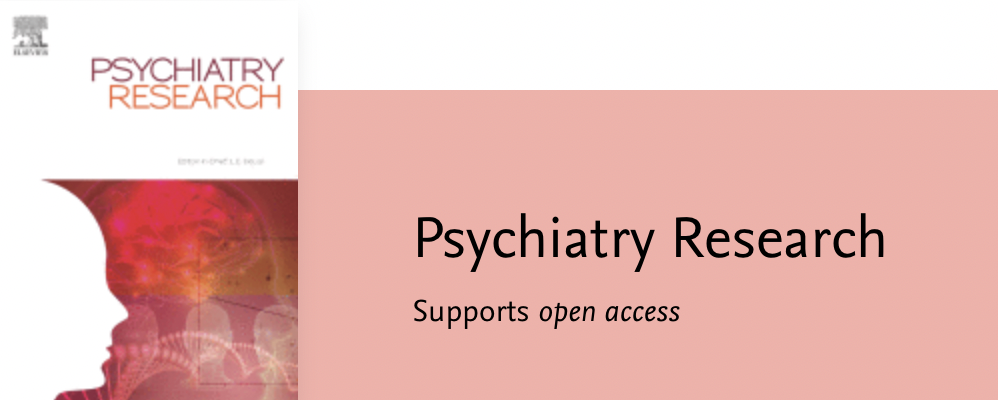Influence of chronotype on the incidence and severity of perinatal depression in the “Life-ON” study
Perinatal depression (PND) is a severe complication of pregnancy, but there are no established risk factors predicting the disease. Evening chronotype has been associated with unhealthy lifestyle habits and adverse outcomes during pregnancy. In this study, we aimed to clarify whether chronotype can predict symptoms and/or occurrence of PND. More information you can find at: […]









